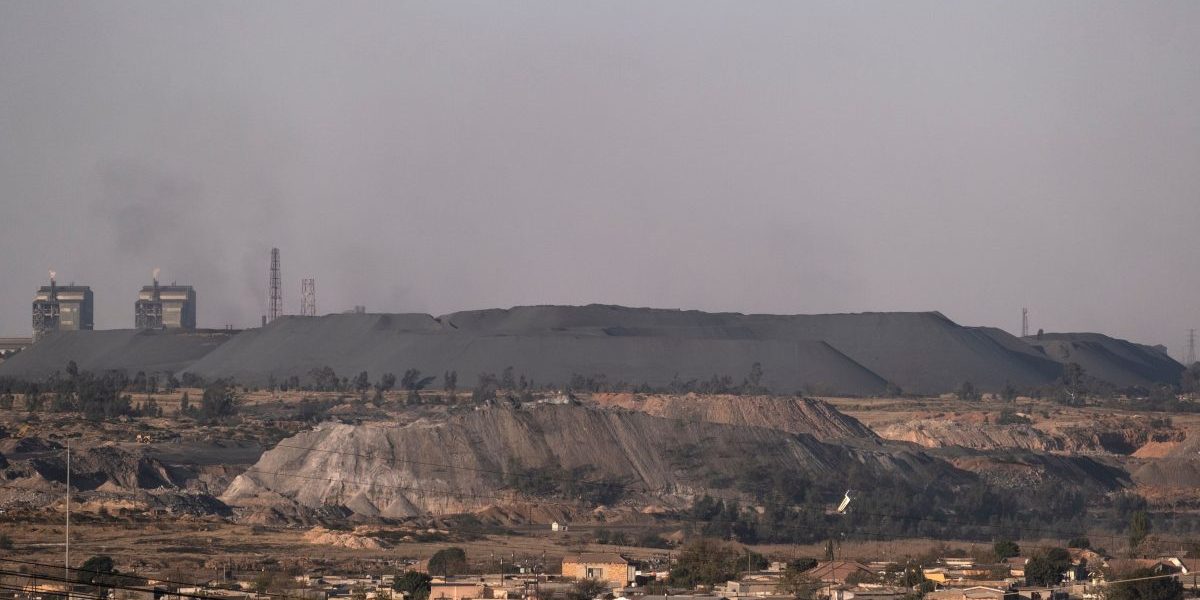Summary:
- The key drivers associated with a move away from fossil fuels include environmental challenges, shareholder activism, changing resource landscapes, new government regulations, falling clean technology costs, evolving social norms as well as litigation and changing statutory interpretations. This creates risks for fossil fuel extraction companies but also presents risks to countries dependent on fossil fuel revenues.
- While stranded assets pose significant risks for fossil fuel dependent African countries, there remain opportunities to be unlocked. The rapid progression of the transport and energy revolutions to set the world onto a low-carbon growth path or a ‘circular economy’ will rely heavily on mineral energy materials.
- While the global transition to a low-carbon economy appears inevitable and is clearly desirable, it remains critical to identify and address the risks associated with premature deindustrialisation in developing countries, especially considering their current dependence and reliance on fossil fuels.
- Successful economic strategies in fossil fuel dependent African countries will need to balance between managing traditional carbon-intensive assets (and their volatility) and being able to manage the transition to a low-carbon growth model. Industrialised economies will have to provide substantial financial and technical support to the fossil fuel rich developing countries if the world is to achieve sustainable and transformative development through reducing carbon emissions in line with the Paris Agreement.
- African governments that are fossil fuel reliant need to ensure that economic diversification is enabled through fossil fuel revenues.








